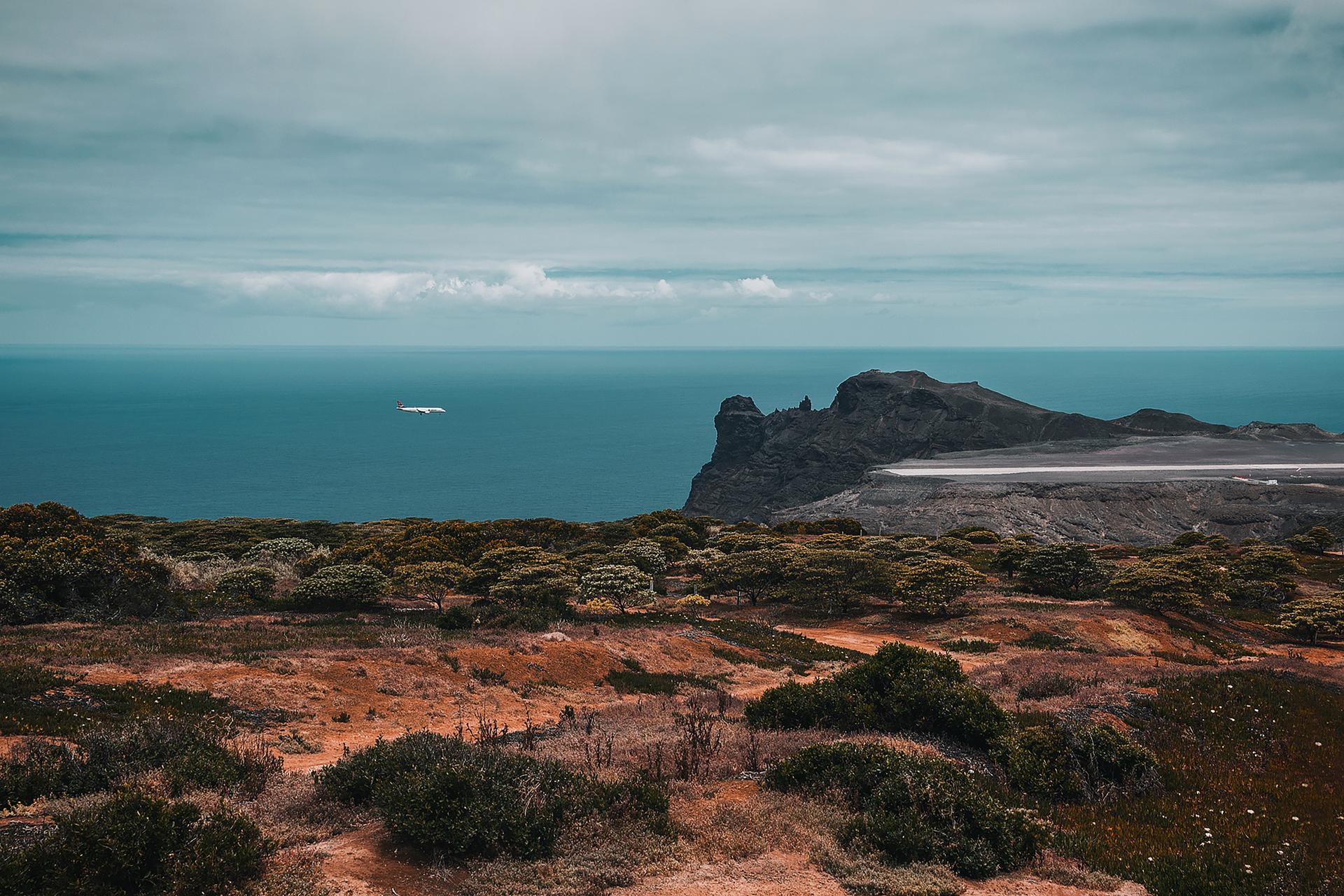Saint Helena🇸🇭

Saint Helena is an isolated volcanic island located in the South Atlantic Ocean, over 2,000 kilometers from Namibia, and over 3,000 kilometers from Brazil, its closest points on the mainland. There are no neighbouring countries, as it is one of the UK’s overseas territories. Saint Helena is famous for its history, specifically as the remote island where Napoleon Bonaparte was exiled until his death. The island's rugged landscape is filled with numerous species of endemic flora and fauna. Places to visit include the Governor's Mansion, the Museum of Saint Helena, and Napoleon's home and tomb, which are great historical sites. The much-anticipated journey to the island through the RMS Saint Helena also makes the visit special.
⚠️Things you should avoid⚠️
- Avoid being unprepared for medical emergencies. The island has limited medical facilities.
- Avoid not respecting the local customs and traditions. The people in St. Helena are proud of their culture.
- Avoid not checking travel restrictions. Travel to the island can tricky due to its remote location.
- Avoid littering. The island has strict environmental laws.
- Avoid having no cash on hand. Some places may not accept credit cards.
- Avoid not protecting yourself from the sun. The island can get very hot and sunburn is common.
- Avoid open-water swimming. The waves can be dangerous and there are no lifeguards.
- Avoid not being prepared for cyclones during cyclone season.
- Avoid not being prepared for potential evacuation in severe medical cases.
- Avoid not respecting wildlife. Flora and fauna on the island are protected by law.
Overall
9
Crime 🔫
9
Saint Helena enjoys a very low crime rate due to its isolation and small population. Though occasional petty crimes have been reported, serious crime cases are pretty rare. No cities are specifically unsafe as criminal activities are distributed thinly across the island.
Terrorism 💣
10
There has never been any report of terrorist activity on Saint Helena. The remote location as well as the small, close-knit community have maintained a safe environment free from such threats.
War ⚔️
10
Saint Helena has no history of war or conflict due to its small size and population. It's a peaceful region with no disputes and threats of war.
Natural Disasters 🌊
8
Saint Helena occasionally experiences volcanic activity from the submarine volcano offshore, but no major incidents recorded. The biggest threat comes from tropical cyclones with high winds and rainfall, which can lead to flooding, but they are rare.
Medical Care 🏥
6
Saint Helena has a small hospital that offers basic medical services. However, for serious health issues or complex medical procedures, one might need to be evacuated off the island.
Tap Water Quality 💧
7
The tap water in Saint Helena is generally safe to drink. However, some areas rely on rainwater which may not be treated, so it's recommended to boil water first or use bottled water.
Disease Burden 🤒
10
The disease burden in Saint Helena is negligible. Infectious diseases are nearly absent, and the health issues residents face are commonly non-infectious diseases.
Corruption 💸
10
There's little to no corruption in Saint Helena. The tight-knit community and the close oversight of the British government help maintain a clean and transparent administration.
Safety for Women ♀️
9
Saint Helena is generally safe for women. Rates of crime, particularly violent crime, are low. The island residents are known to be welcoming and respectful towards visitors.
Safety for Queer People 👬
9
Saint Helena is safe for queer individuals. They are in the same-sex marriage is recognized and legally protected, indicating acceptance and respect for queer rights.
Censorship 📺
9
There is virtually no censorship in Saint Helena as it follows the Freedom of Speech and Press as per the UK regulations. The island has a small community-run radio station and a fortnightly newspaper.
Public Transportation 🚌
7
Public transportation in Saint Helena is limited and can be irregular. However, there are taxis and rental cars. The roads are generally safe without record of serious accidents or incidents.
Other useful information
🔒 How safe is it?
Saint Helena is a very safe island with a small, close-knit community. The crime rate is extremely low and there's no history of terrorism or war. However, it's important to prepare well especially with medical facilities being limited.
🏰 Embassies in this Country
Currently, there are no foreign embassies on the island. The nearest embassies for most countries are in South Africa.
💉 Recommended Vaccinations
Recommended vaccinations before traveling to Saint Helena include Hepatitis A, Hepatitis B, Typhoid, and routine vaccines.
🐍 Dangerous Animals
Saint Helena's wildlife is generally not dangerous. There are no venomous snakes or dangerous large mammals. However, in the surrounding ocean waters, you might encounter large marine species like sharks.
🛂 Visa Requirements
Visitors to Saint Helena must have a valid passport, a return ticket or enough money to buy one, and a local sponsor or enough money for their stay. A visa is not required if you stay less than 183 days.
💲 Currency
Saint Helena uses the Saint Helenian Pound, which is on par with the British Pound. Money can be exchanged at the Bank of Saint Helena.
💳 Credit Card Acceptance
Credit card acceptance in Saint Helena is rather limited and not all establishments accept them. So, it's advisable to carry enough cash for transactions.
🧑💼 Is it possible to work and travel in this country?
Considering its small size and limited economic opportunities, working while traveling is not common in Saint Helena.
💵 Cost of Travel and Living
The cost of travel and living in Saint Helena can be high due to its remote location, which can make travel and importing goods expensive.